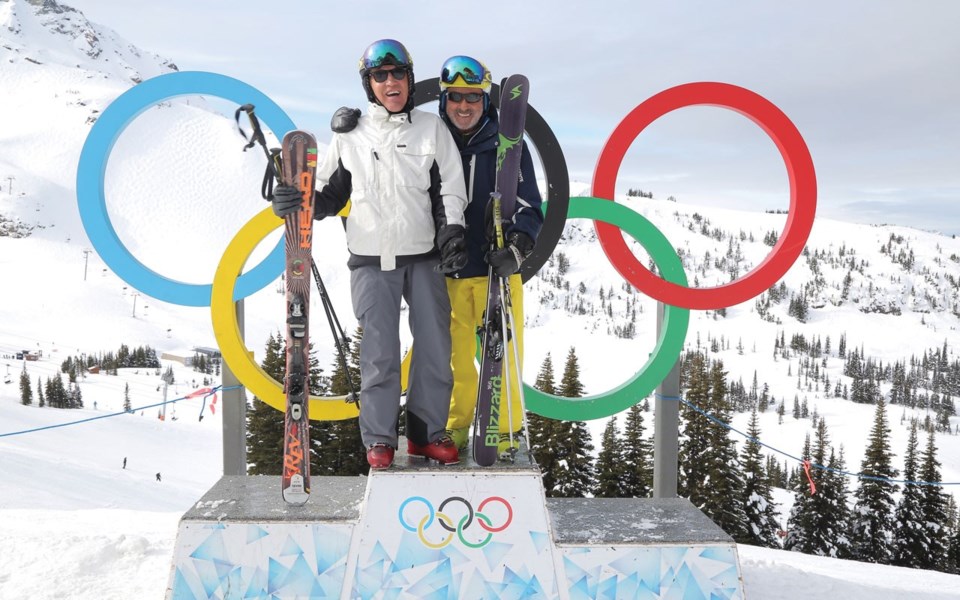
When Whistler's Mature Action Community (MAC) was first formed in 1995, one of the key goals was to help local seniors (aged 55 and over) feel connected.
Twenty-five years later, in the age of COVID-19, those connections have never been more important.
"Because our membership has so many years of experience in living here in Whistler, many of them have formed their own coffee groups, their own networks of calling each other and supporting each other over the phone, and then MAC is a backup for that, to say if you need other services in the community, we are here to help you," said MAC chair Kathy White.
"So we're self-distancing, self-isolating, but we're not alone."
About 25 per cent of Whistler's population is over the age of 50, White said, and MAC itself boasts more than 200 members—but Whistler "seniors" don't fit the typical description.
White pointed to local ski instructors Marcel Richoz and George Tjelios-Nicholas—highlighted in a recent documentary called
The Fit Generation—as just one example (see Pique, Jan. 20: "The Fit Generation offers inspirational look at aging").
"They are a great example of active, engaged seniors who are very healthy here," White said. "So we wouldn't be your atypical senior—we're not sitting around very much."
That said, COVID-19 could present stressful situations for seniors, especially those who are at a higher-risk of developing symptoms and needing hospitalization if infected.
Is there a greater fear or anxiety amongst Whistler's senior population these days?
"Sure, and rightly so. So we have to take extra measures," White said. "I think a lot of people are taking extra measures to stay safe, and not go out as much right now."
Delivery services and earlier hours for seniors at grocery stores are appreciated, White said, as is the free transit offered by the Resort Municipality of Whistler.
For those struggling with mental health, the Whistler Community Services Society can offer counselling, White said.
"I think people forget to ask for help, so we're asking our seniors to reach out," White said. "We connect with them through a newsletter that says, here are the places to go to get that help. We aren't going to push you, but you need to find motivation to get help where needed."
White also recommended a free mental health skill-building program called BounceBack (find more at bouncebackbc.ca).
More health resources, including a page dedicated to COVID-19 information, can be found at whistlermac.org.
During these days of physical distancing and self-isolation, it's important to stay connected—even if only with the people in your neighbourhood, White added.
"The families in town, too, they might be missing their grandparents. Sometimes just reaching out to the local senior in the neighbourhood, for kids and seniors out and about in the community, it kind of reminds them of their families," she said.
"I would just remind seniors and people in the community that we're not alone, and that Whistler MAC is filled with a group of 55-plus people that have been younger, longer.
"We've been here through this before, through many life challenges. Nobody is alone in this community, that's for sure."



